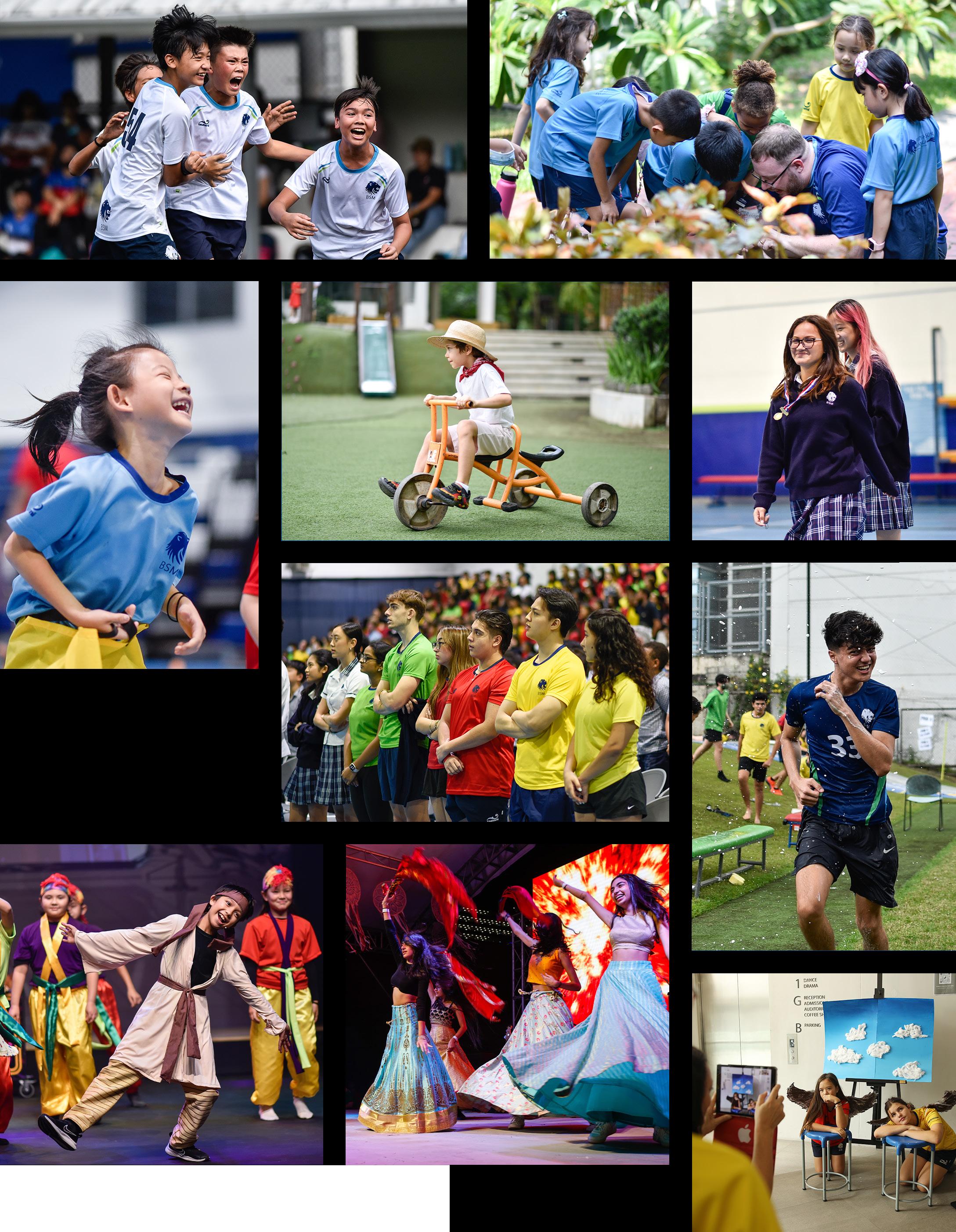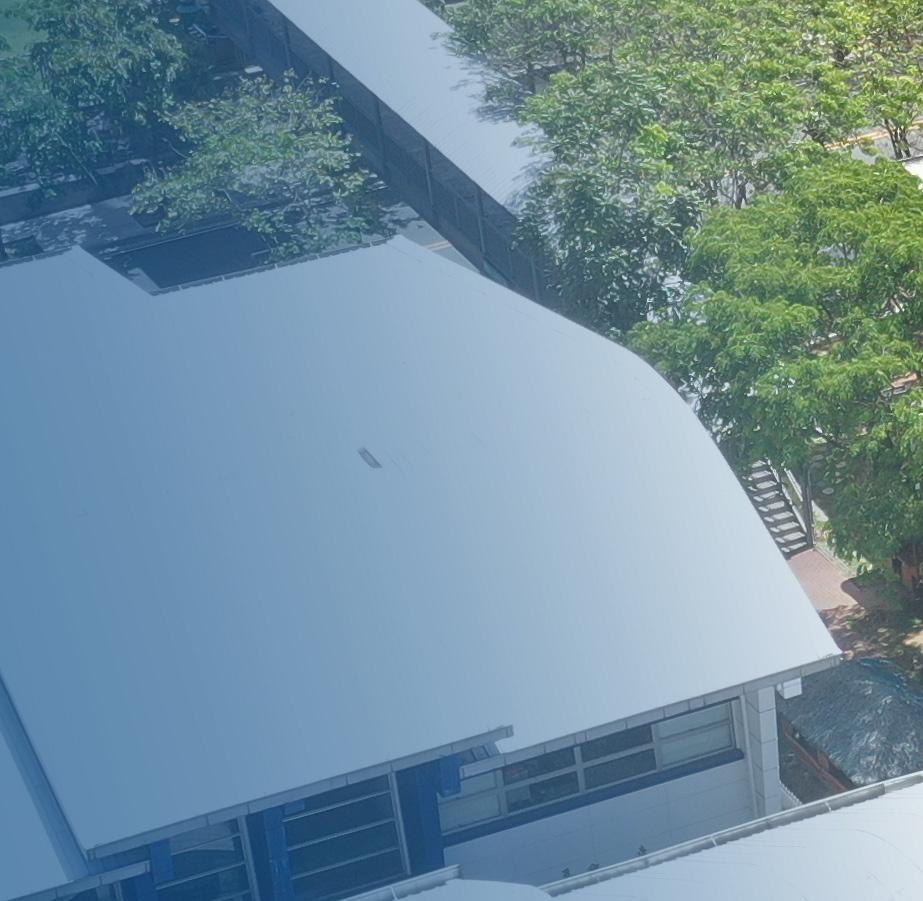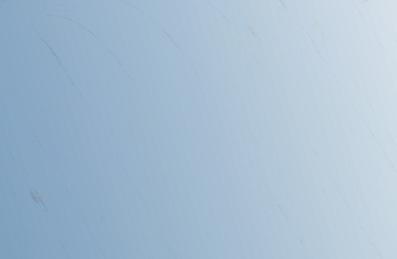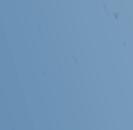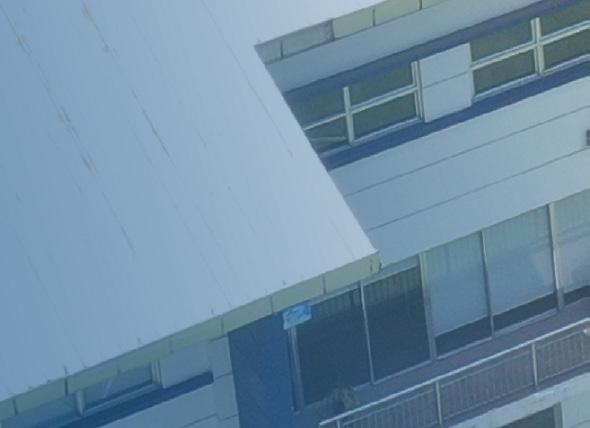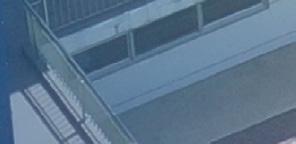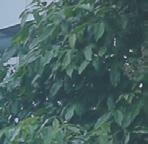






























The British School Manila (BSM) provides an outstanding holistic international education for British children and English speaking children of other nationalities. We aim to develop students as positive global citizens who are equipped with skills, understanding and values to be able and willing to contribute to our world. We achieve this through collaboration between our families, the school and our students.

We aim for our students to flourish through:
– being happy, healthy and managing their own well-being
– being resilient in adversity
– application and effort
– meeting challenges by accepting that risk taking and making mistakes are positive parts of learning
– reflecting, self-assessing and driving their own learning
– being confident in expressing and being themselves
– being respectful, honest and kind, have integrity and take responsibility for their own actions
– making their world sustainable, peaceful and fair
To achieve this BSM will:
– be a learning community where all members have a desire to be life-long learners and strive for excellence
– foster a friendly family atmosphere that nurtures a community feeling
– meet the emotional, physical, creative and cognitive needs of all children
– use an adapted form of a British curriculum along with the IB Diploma programme and intercultural learning
– use technology to enhance learning
– provide authentic skill-based learning opportunities
– provide a wide range of holistic opportunities that allow students to discover their interests


It is my pleasure to introduce our third iteration of the BSM Annual Report. As with our previous two editions, we aim to share in this publication details of the year passed with insights into our achievements and progress over the previous Academic Year. At the start of this school year (2023-2024) we introduced an opening Parents’ Assembly which provided a live platform to kick off the year whilst reporting on some of the achievements of last school year. As with the weekly parent workshops, coffee mornings, assemblies and many other community and personal engagements, this Annual Report provides another open communication with families and I invite you to browse this report of our activities for the School Year 2022-2023.

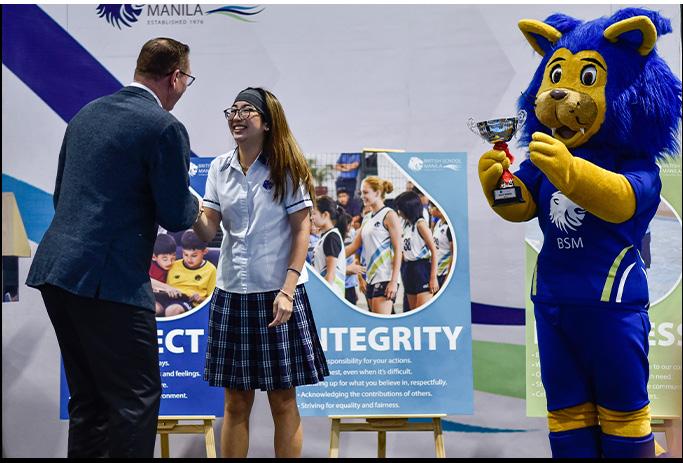


There are many highlights to celebrate, too many to fully report on here. For me, all endeavours which place students at the heart of our daily efforts are our focus and should be celebrated. These are well represented in our various platforms, notably our annual school yearbook. The Annual Report you are reading now looks at functions such as finances and enrolment and also, for example, on curriculum structures, Service & Sustainability commitments, After School Activities, and PTA events to name a few. All are very much worth perusing.
Notable and worth highlighting here is the signing of two Memoranda of Understanding around our support for exciting community programme collaborations.
The first renewed our commitment to the BSM Taguig Scholarship Programme, a partnership with the Department of Education Schools Division Office of Taguig and Pateros (DepEd Taguig-Pateros). This Programme, now in its 19th year, financially and socially-emotionally supports academically excellent Taguig high school students in accessing higher education courses in the very best tertiary institutions in Metro Manila and beyond.
The second, a tripartite memorandum of agreement between the British School Manila, DepEd Taguig-Pateros and World Vision Development Foundation, committed funding, guidance and student and teacher participation to Project RAISE - “Reading Activities to Improve and Shore Education”. Thanks to our “Coins on the Covered Walkway” drive, we raised critical funds through generous parent donations to support the programme. I am thrilled that we will continue with this partnership in the coming school year.
I am most excited by the vibrant and compelling space we call BSM. It is not only a physical location but a community with a shared purpose, with a deep commitment to our students at the heart of our school.
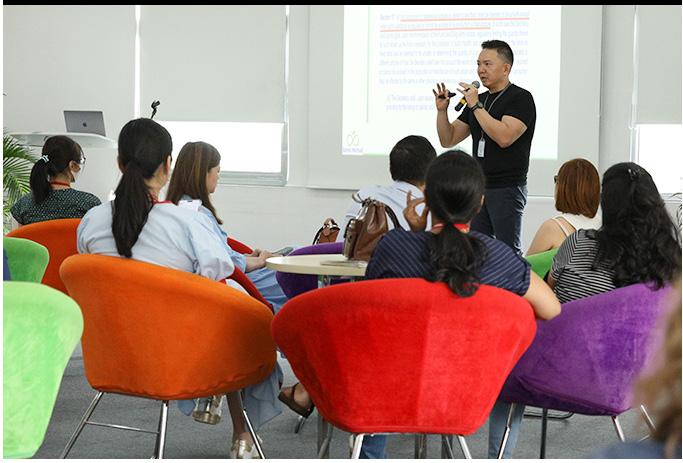
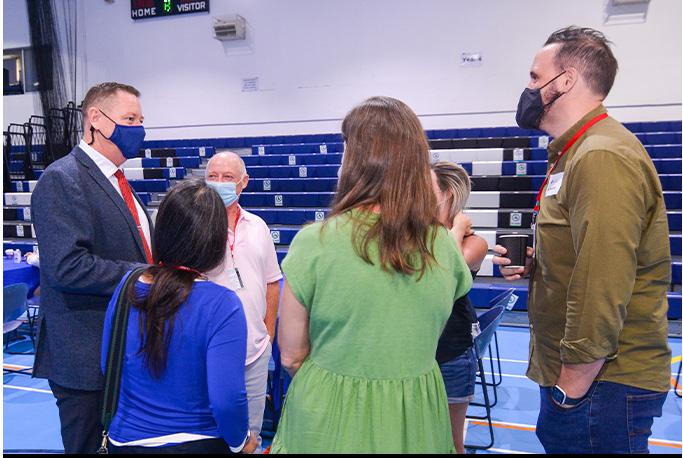
Following from a highly successful 2022-2023, we look forward to an exciting and successful school year 2023-2024. Together.
Martin I. van der Linde Head of School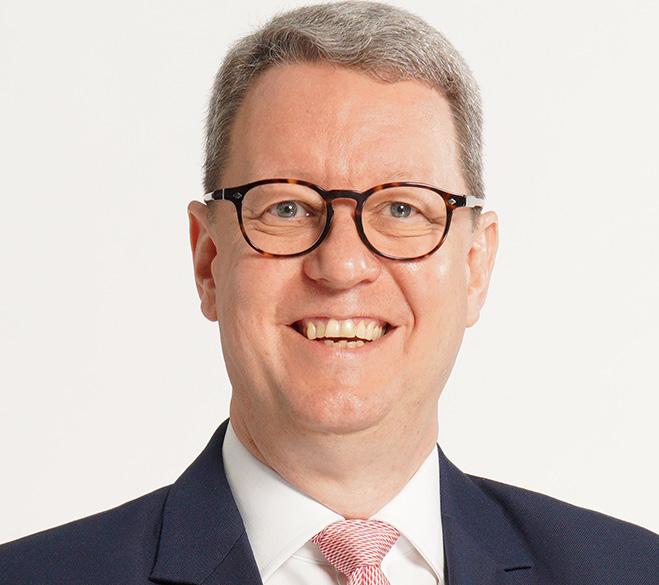
As I read this year’s Annual Report, it’s pleasing to see the activities and key data about the last twelve months reflect the things that we stand for as a school and community: academic results that continue to outperform global averages; university placements at a broad list of leading global institutions; high student numbers and good mix of nationalities; investments in renewed facilities; many active student and community events; and, the BSM’s ongoing contributions to local scholars and causes, as well as, supportive external relations within the Philippines and across the region.
There is always more to aim for, and doubtless the world will keep on getting more competitive, but BSM continues to do well.
This is all the result of strong leadership and engagement at every level in the school.
So, my thanks, on behalf of the Board, go to Martin van der Linde and the Leadership Team, all our dedicated teachers and staff, and the many parents and families who engage and contribute in so many ways.

My sincere thanks also go to our Council of Trustees for their support and engagement throughout the year. The Canadian Embassy, as represented by Colin Townson joined the Council last year; Canada is both a significant nationality within the school and university destination for students afterwards. Along with the UK and Australian Embassies, ADB, and HSBC, the school enjoys supportive oversight and a desire to assist in making BSM as good as it can be.
On behalf of the school, thanks also to the discrete, but hardworking Board of Governors, whose passion for the school is clear in every discussion we have. Thanks to Eva Uy, who rolls off the Board this year after three years as the PTA representative.
I look forward to the next school year as we all continue BSM’s journey, giving our community and students the best experience possible.


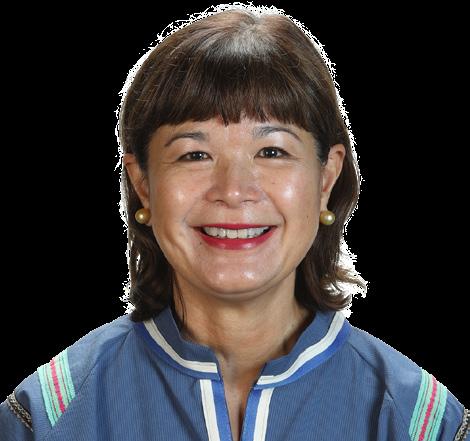
I am pleased to share our Annual Report highlighting the remarkable progress and key achievements we have made during the School Year 2022-2023.
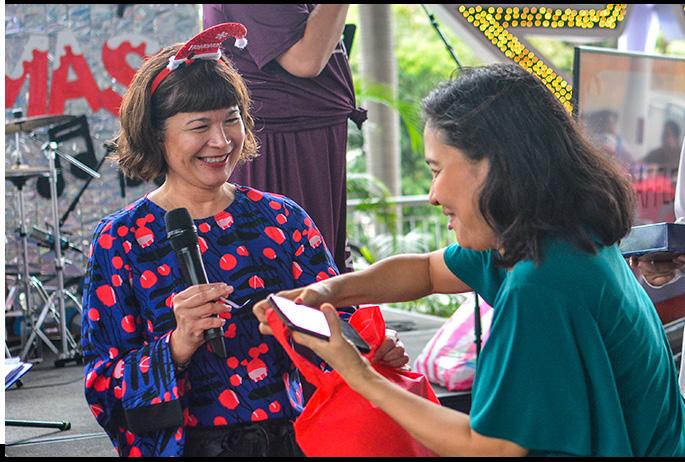
This academic year marked the first full year of face-to-face learning and the resumption of international school trips for our students following the challenges posed by the pandemic.


Equally significant is the substantial increase in student enrolment from 891 in school year 2021-2022 to 932 students this year. The school’s financial position remains strong with the growth of our operating surplus which reflects our prudent financial management, cost-saving measures, and strategic decision-making.

Our school community is built upon the exceptional dedication of our academic and support staff. Our high staff retention rates at 94% for teaching staff and 85% for support staff can be attributed to our unwavering commitment to fostering a supportive and collaborative working environment where the professional development of our staff is prioritised.
The health, safety, and well-being of our students, staff, and the community are of paramount importance. In pursuit of this commitment, we have taken proactive measures, including bolstering our security and janitorial personnel. Comprehensive health and safety audits around the campus have also been conducted to ensure our facilities meet the highest standards of safety and are compliant with local regulations.
Due to the pandemic, we deferred our facility development projects for two years. This year, we prioritised the renovation of our Don Jones Field, Science lab prep rooms and Primary KS2 Outdoor Area. We continue with our meticulous space planning efforts and facility development plan ensuring we provide a conducive learning and teaching environment. For next school year, we will be focussing on several renovation and development projects which include our Medical Clinic, Lion’s Den (School Shop), El Nido flooring, Operations and Procurement staff offices, and our sustainability initiatives with the installation of a solar panel system.
As we celebrate the achievements of School Year 2022-2023, we extend our gratitude to our students, staff, parents, and community for their unwavering support and commitment. With our collective efforts, we can overcome the challenges and embrace the opportunities that lie ahead.

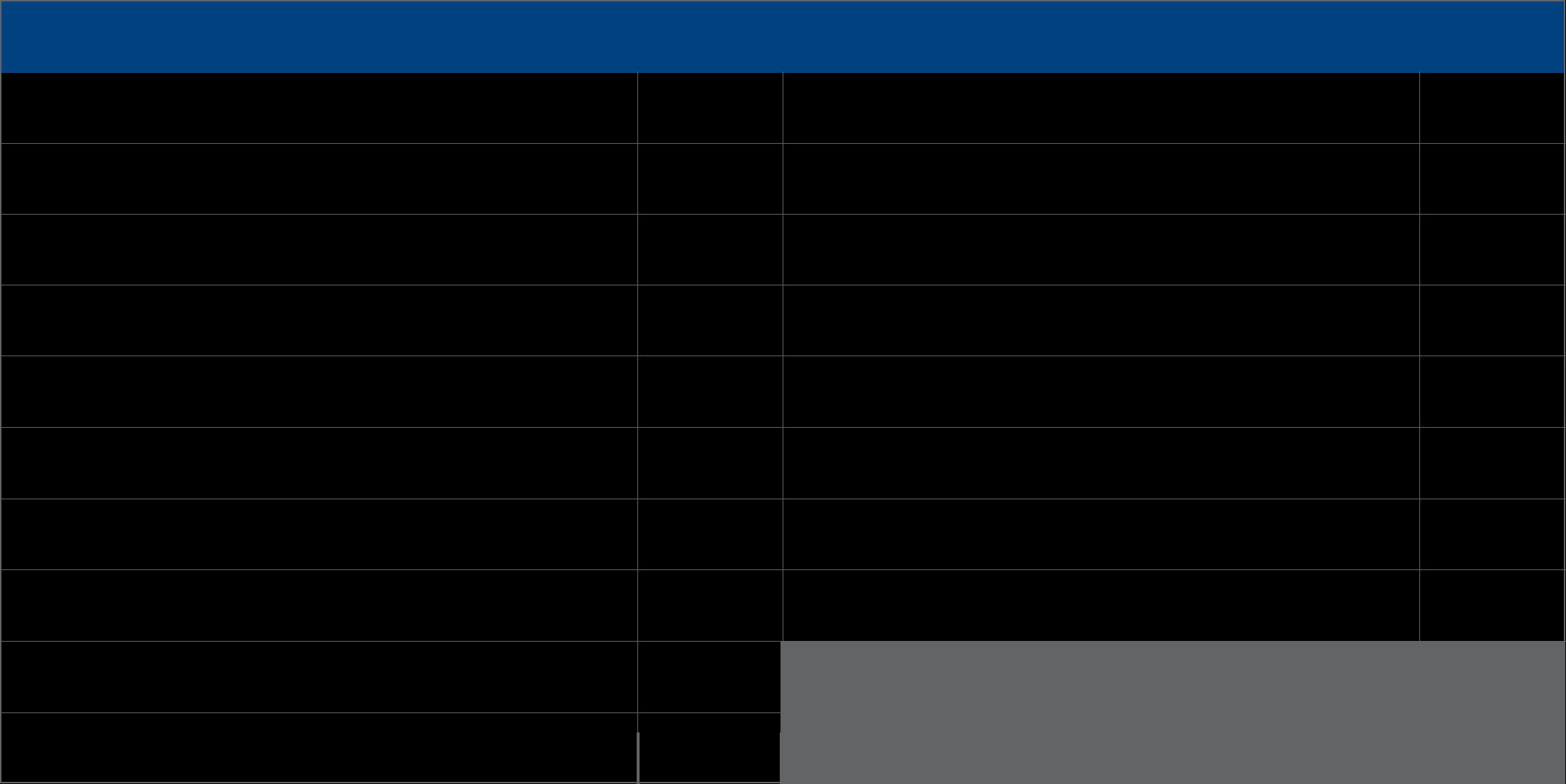


As a non-profit educational establishment, BSM does not seek to make a profit nor generate a dividend for any shareholders. The School’s sole source of financing is the various fees it receives from its families. BSM has maintained conservative financial practices that have ensured it covers its costs, maintains a safe operating cash buffer and is debt free. Our auditors, SGV, have audited the School’s financial statements for the year ending 31 July 2023. The School remains a financially secure and ongoing entity.
Php’M
Strategic Growth spent for:
y 2013-2014 - LRC

y 2014-2015 - Don Jones Field rehabilitation (P21.2M), Boracay Building renovation (P13.2), Science Classrooms in Rizal Building (P13.4M)
y 2015-2016 - Anilao Building renovation (P17.2M), Science Classrooms (P15.6M), Offices (P2.7M), KS2 Playground (P1.9M)
y 2018-2019 - Pool retiling (P12.4M), Floor retiling, Ramp, Space Planning
y 2019-2020 - Floor retiling, Toilet renovation
y 2021-2022 - Full payment Creative Arts Centre (P18.2M)
y 2022-2023 - Don Jones Field Rehabilitation (P24.8M), Toilet Renovation (P3.4M), 5-year network infrastructure development (P17.4M)
2023-2024 CAPEX includes:
y Capital Development (P33.6M) - Clinic renovation, Solar Panels, School refurbishment, Renovation of Changing Rooms, Operations Office, LRC Ceiling, Uniform Shop, Procurement Office
y Year 3 of 5-year Network Infrastructure Development
Others:
China, 49
India, 44
South Korea, 22
Malaysia, 13
Spain, 11
New Zealand, 10
Singapore, 10
Japan, 9
Germany, 8
France, 7
The Netherlands, 6
Ireland, 5
South Africa, 5
Brazil, 4
Indonesia, 4
Sweden, 4
Pakistan, 3
Switzerland, 3
Taiwan, 3
Turkey, 3
Albania, 2
Georgia, 2
Malta, 2
Romania, 2
Sri Lanka, 2
Thailand, 2
Vanuatu, 2
Antigua and Barbuda, 1

Bangladesh, 1
Belgium, 1
Denmark, 1
Dominica, 1
Hungary, 1
Israel, 1
Italy, 1
Luxembourg, 1
Poland, 1
Uganda, 1
Ukraine, 1


The BSM PTA was thrilled to help bring our community back together again last year, by re-starting our in person events. The events allowed us to welcome and integrate new families and staff, including those that joined during the pandemic. Those who attended were able to strengthen their relationships within the BSM community and make some new connections too. Most importantly the events provided moments of joy for our students that we hope they will treasure for years to come.
Support was also given by the PTA to the Fun Run, International Evening and the Christmas Carol Concert

Through ticket sales from our events, along with sponsorships (family and corporate), and raffle sales, we were able to raise PHP 1,000,000 that funded the renovation of the Primary and KS2 outdoor areas. We were also able to make donations to the Prom and Graduation funds, as well as delivering a merienda for our support staff and contributions to both the Christmas and end of year staff celebrations.

Guided by the school’s Mission and Vision, we aim for our students to flourish through being happy, healthy and capable of managing their own well-being. As a community we are very proud of our bespoke Well-Being Framework. The framework promotes a whole-school approach to fostering positive physical and psychological health.

The framework sets out five key areas of well-being that we aspire to for all of our students.
y Self-Acceptance
y An Active and Balanced Lifestyle
y An Ability to Self-regulate
y A Sense of Belonging
y A Capacity for Growth and Resilience
y Students continue to benefit from access to the Positive Education Enhanced Curriculum (PEEC)
– PEEC is produced by the Institute of Positive Psychology, recognised as the gold standard in well-being education.
y Self-regulation Strategic Plan is established
y Promoting self-regulation - professional learning focus for academic teams.
y Zones of Regulation introduced throughout the Primary school.
y Quality Circle Time introduced throughout EYFS and KS1.
y Character strengths are integrated into the House Point system in the Senior School.

y Character strengths and character development continues to be a focus of daily well-being lessons in the Primary School.
y The international ‘Well-Being 360’ conference is attended by the school’s Well-Being Coordinator.
– Developments in well-being are cascaded within the school as a result.
y Our parent workshop on ‘Promoting Self-regulation’ is attended by almost 150 parents.
y ‘Coffee with the counsellors’ provides an informal opportunity for parents to make connections and seek advice.

y The school’s Designated Safeguarding Lead sits as a panel speaker at the Outstanding Schools Asia conference.
y Staff Well-Being workshop is well attended.
y Our annual celebration of the Well-Being Framework is a roaring success.
y A student ‘Well-Being Ambassador’ programme is introduced from Year 6 through to Year 10.
y Promoting a Healthy Relationship with Technology: Primary and Senior parent workshops are well attended.
Two
Three
y Developing a Whole School Approach to Well-Being: Pastoral Leaders from the British School Manila present at the Federation of British International Schools in Asia annual Leadership Conference
y Sleep Your Way to Success: Parent workshop is well attended.
y Parent workshop: Guest speaker, Sonaal Nandwani presents on Health and Wellness
y Healthy Relationships: curriculum focus throughout the Primary School.
y Parent workshop: Guest speaker, Harvie de Baron presents on Optimising Nutrition for Learning
y Student residential trips provide further opportunities to build resilience, embed character strengths and foster ‘A Sense of belonging’.
y Leave well to enter well - transition support through the school counselling team.
y School values and expected behaviours are established, paving the way for a collaborative review of the school’s Positive Behaviour Policy
y Parent Parent Book Club is well-attended: How to speak so children will listen and how to listen so children will speak.
‘A key strength at BSM is the positive school culture which permeates throughout. The depth and breadth of this culture is heard and seen from the youngest students through to the board, extending to support staff and parents.
BSM is a caring community who rightly takes pride in instilling a sense of belonging Council of International Schools, Preliminary Visit Report, February 2022
Our Whole School Goals reflect ongoing systemic improvement and mirror the CIS drivers. Our Drivers define and guide our actions to uphold our guiding statements for all students.
This is embedded in our commitment for our students to be “positive global citizens,” to “make their world sustainable, peaceful and fair, “ inspiring them to engage with the world and want to make a difference.
Develop international-minded, globally competent students?
Global competencies include:
y Application of concepts, knowledge and skills to understand and address current global issues.
y Understanding the interdependence of social and environmental world issues as described by the UN SDGs.
y The understanding of multiple perspectives and valuing of diversity.
y Effective culturally engaging communication skills.
y Responsible service through action to improve social and environmental spaces.
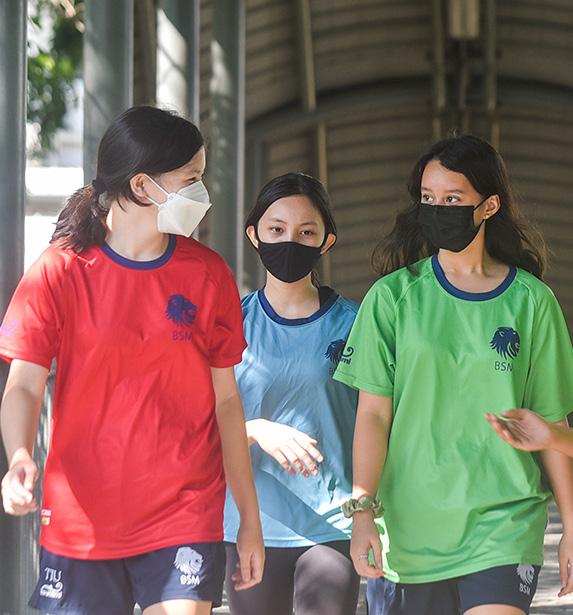
y The ability to function effectively as sentient citizens in an interdependent world.
BSM’s Principles of Teaching and Learning provide a framework of best practice for teachers. Building strong, warm relationships with students based on care, support, empathy and respect is a prerequisite for learning at BSM. Fostering student self-esteem, a growth mindset and a sense of belonging to the class and community is essential. At BSM we define learning as the long-term retention of knowledge, skills, conceptual understanding and the ability to transfer them to new contexts.
1. Curriculum: Use UNSDGs and align across curriculum areas.
2. Human Connections: Develop shared understanding of BDEI - Belonging, Diversity, Equity, Inclusion.
3. Service and Sustainability: Further develop Service & Sustainability in ASAs and across school.


Guided by the school Mission and Vision, we aim for our students to flourish through being happy, healthy and capable of managing their own well-being. Our bespoke Well-Being Framework promotes a whole-school approach to fostering positive physical and mental health. The framework sets out five key strands of well-being that we aspire to for all of our students.
y Self-Acceptance
y An Active and Balanced Lifestyle
y An Ability to Self-regulate
y A Sense of Belonging
y A Capacity for Growth and Resilience
1. Embed language and understanding of HQ teaching and learning across the school; Embed within PDP and offer opportunities through the PL Calendar.
2. Further develop and refine learning that transfers in teaching and learning across the school; Celebrate and expand on successful implementation.
3. Embed the use of the Walkthru professional learning materials across the school; Evaluate evidence of successful implementation and embed further into departmental and year group practise.
1. To ensure the Well-Being Framework permeates all aspects of school life.
2. To ensure our approach to well-being remains in line with best practice internationally.
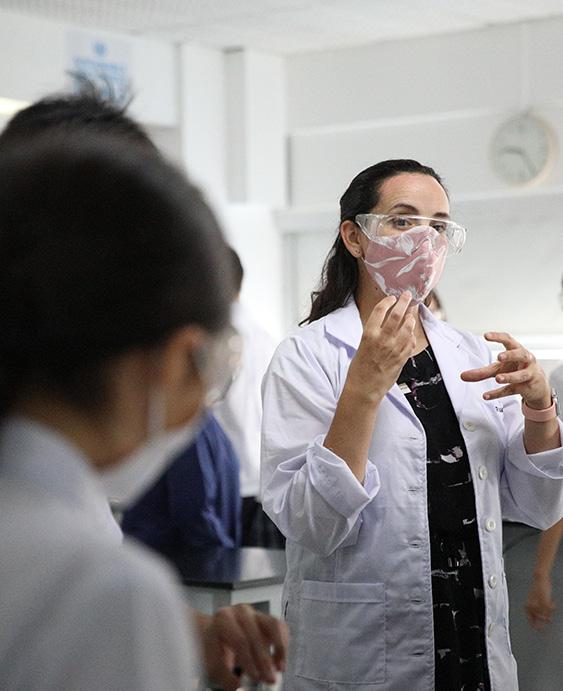
3. To ensure a deep sense of belonging for all students.1
4. An ability to self regulate . 1
(1) Two strands of the Well-Being Framework have been selected as a particular focus for the academic year.
y Being polite to everyone, always.
y Considering everyone’s needs and feelings.
y Listening and showing you care.
y Taking care of our school environment.
y Embracing our differences.
y Taking responsibility for your actions.
y Being honest, even when it’s difficult.
y Standing up for what you believe in, respectfully.
y Acknowledging the contributions of others.
y Striving for equality and fairness.

y Being friendly and considerate.
y Welcoming visitors and new members to our community.

y Offering a helping hand to someone in need.
y Showing gratitude to members of the community.
y Celebrating the achievements of others.
Two years ago, we began the important process of our Council of International Schools re-accreditation.

The award of CIS accreditation shows that the school has achieved a high standard of professional performance in international education and has a commitment to continuous improvement.
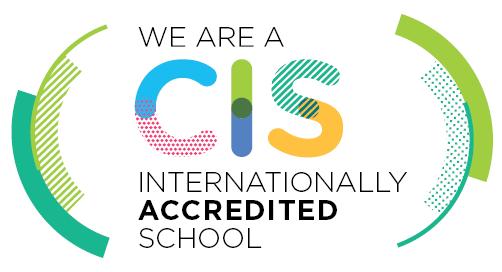
y Use the CIS accreditation process for evaluation, reflection and school development
y Use the process to evaluate and develop learning, well-being and the student experience at BSM
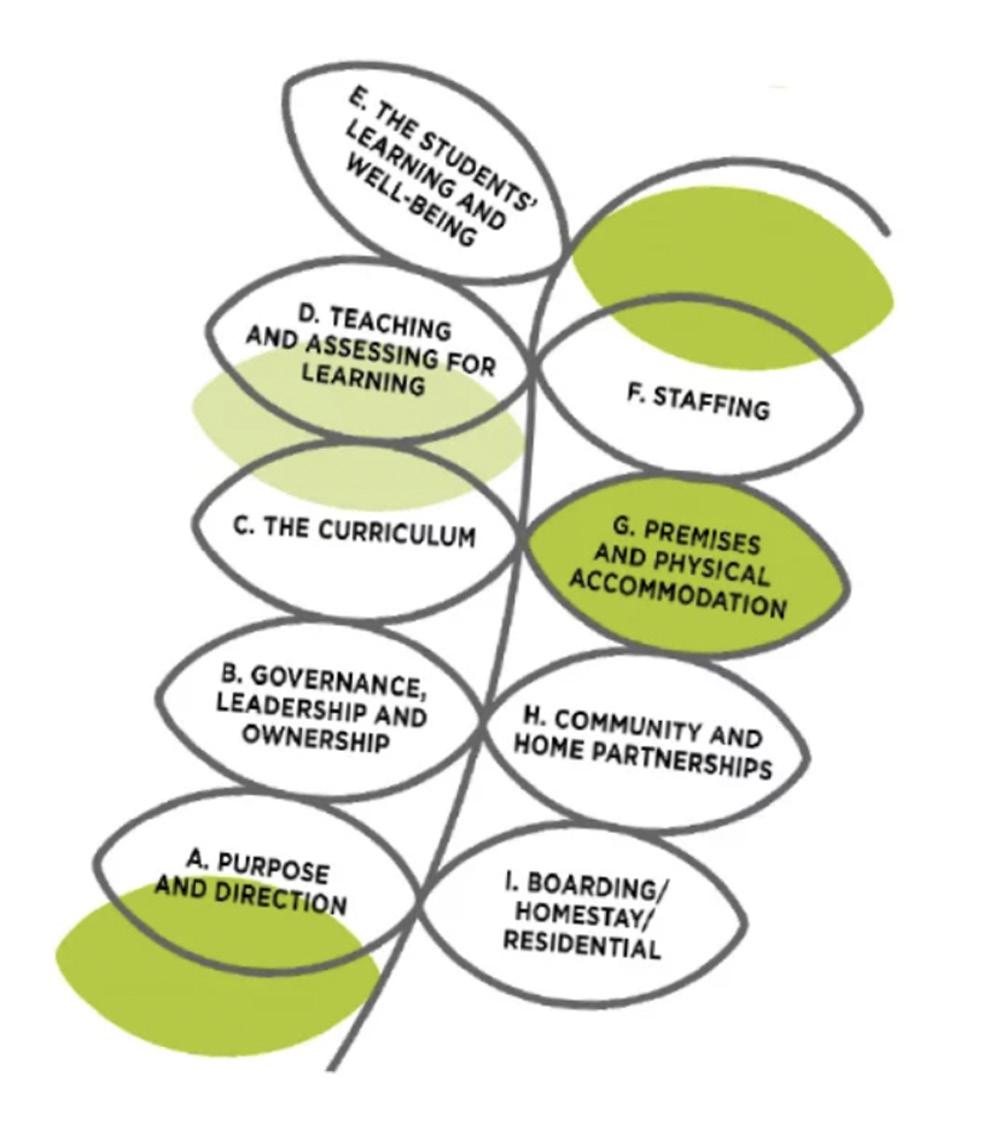
Submission of Preparatory Evaluation Report
Committee leads will submit reflections and comments on the core statements
Preparatory Evaluation Visit (PEV)
A member of CIS will spend three days at BSM (this could be in person or online)
Team Evaluation Visit Process begins
Interdisciplinary and cross-sectional committees of staff will begin the in-depth self-study process ahead of the TEV

y The academic staff, support staff, and other members of our community worked together to prepare multiple reports on our school.
y Each report focussed on one CIS Domain and when put together formed our School’s CIS Self-Study.
y Each report identifies strengths and areas for improvement.
y In our conclusions, it was clear as a school we have huge areas of strength and that areas for improvement had been identified and work begun to address them.
y We now look forward to a team visit from CIS evaluators to check the findings in our Self-Study and to help us continue school improvement.
Submission of Domain A and Part 1
*Part 1 comprises of Basic Information, School Overview, Community Survey & Financial Information
Submission of all other Domains’ reports
Committee leads will submit the comprehensive reports making reference to all standards
Team Evaluation Visit
A team of evaluators will spend five days at BSM conducting interviews with staff, students and parents and observations
Last term, we completed the self-study report for CIS. Here are the key sections from the conclusions in the report:
Throughout the Self-Study at BSM, our primary focus was school improvement. The process proved to be valuable for our school, allowing us to think aspirationally. Providing everyone with a voice was of immense value, as it offered an opportunity to hear diverse perspectives and involve the entire community. Moreover, it provided the Steering Committee with a deeper understanding of different parts of the school and the various roles within it.
The process allowed us to delve deeper into several areas of school improvement, including:
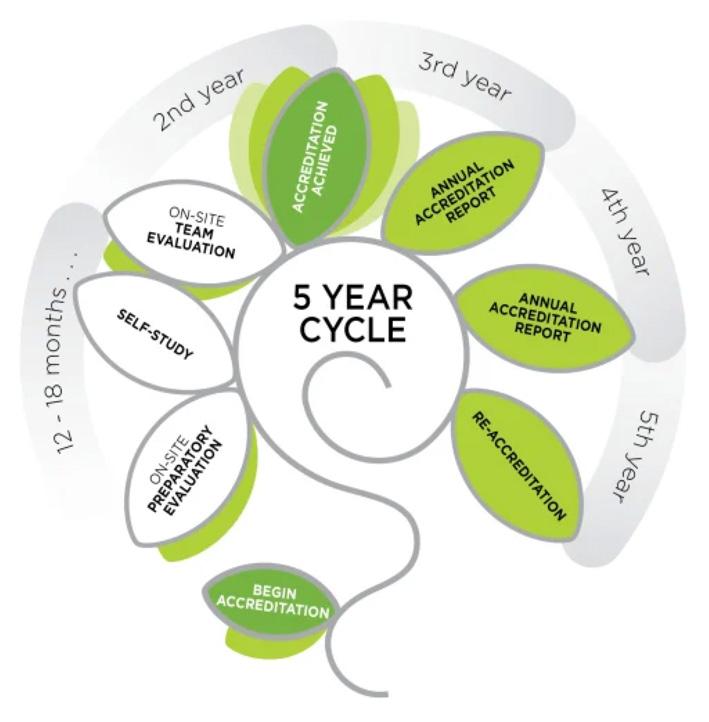
Domain C Curriculum review and mapping
Domain B Alignment of the Admission Policy with the Republic Act
Domain A Reviewing Global Citizenship Education
Domain E Enhancing our Diversity, Equity, Inclusion, and Belonging initiatives

Domain H Exploring engagement with alumni
Domain G Refining the space planning process
The Self-Study confirmed several strengths that are highlighted throughout the report. These strengths include:
Domain H A strong sense of community among stakeholders
Domain E Strong relationships throughout the school and a shared focus on well-being
Domain C and D
Articulation of learning and a deep understanding of students
Domain C and D A robust After School Activities Programme and holistic student support
Domain F Expertise in local regulations
Domain B
Domain G
Well-established and consistent structures, policies, and procedures for governance
Commitment to improving and developing infrastructure to better fulfil the Vision and Mission
As well as the subjects that would be expected of any primary curriculum (Reading, Writing, Maths etc) there are some very unique aspects to BSM’s curriculum and provision within Primary. Worth noting particularly is the intentionally focussed work and experiences provided around well-being and global citizenship.
Each day in Primary begins with a well-being session guided by our bespoke Well-Being Framework. These sessions are designed to help children understand themselves and others. Children are taught mindfulness techniques, how to live a healthy lifestyle, to take risks and challenge themselves. They will also consider their character strengths and lesser strengths.
Global Citizenship encompasses our Service & Sustainability learning as well as providing a platform for teaching about Diversity, Equity, Inclusion, and Belonging (DEIB). All Service & Sustainability teaching is linked with the UN Sustainability Goals and follows our ‘Think - Feel - Act’ model. It encourages children to begin to understand their place in the world and their ability to make a positive impact upon it. Our drive towards DEIB is supported by our Autobiographical Approach. This is a journey of intercultural understanding, with children recognising and respecting the culture of our diverse community. All of our English work in the first 2 weeks of the school year focusses on this aspect and is part of building relationships so that we better understand each other as the year progresses.
Learning through real life situations and context is important and as such, each Primary class is linked with a Service Learning Partner. These partnerships are now being re-established after the pandemic with relationships in place with organisations such as: Waves for Water, Rise Against Hunger, and Tahanan ng Pagmamahal Orphanage. Within the next academic year (2023-2024) our aim is to further develop all Service Learning partnerships within Primary to ensure we offer children a range of experiences as they progress through their Primary years.


In Early Years Foundation Stage (EYFS) and Key Stage 1 (KS1), we nurture children’s curiosity and joy of learning to lay foundations which will continue throughout their education. We recognise that the best way to do this is to offer high quality opportunities for learning through play; following children’s interests and facilitating for them in opportunities to become collaborators, explorers, problem solvers, and investigators. Our classroom provision offers play based learning up until the end of Year 2. Phonics takes place from Nursery class upwards, with more structured sessions taking place as children develop. We broadly follow the ‘Letters & Sounds’ structure.
It is within Year 2, that children begin their introduction to concept-based learning through Inquiry Projects. These projects give students the chance to be creative and derive real meaning from the work they do. These projects are also incredibly relevant to the times we’re living in now; they reflect a change in today’s students to be more hands-on with their learning. They want to make a real impact on the world.
Since play is the main vehicle through which children learn prior to Key Stage 2 (KS2), we also offer some play through inquiry projects and the classroom environment as part of their transition to Year 3 in Term 1. This leads well into KS2 where much of the curriculum is taught through concepts such as interdependence, systems, change, and energy. This conceptual understanding enables transfer of learning to new contexts which in turn deepens understanding.
To support our Maths and Science learning, we have Maths and Science ‘mantras’ where making mistakes, conscientious completion over speed, and asking questions are celebrated. Through exploring texts in English, the KS2 students not only developed reading skills, but learned more about the world and the people in it.
To complement the Well-Being Framework, KS2 also use the Learning Power Approach which helps them to think practically about themselves and the skills they need to be effective learners.
We teach a bespoke, enhanced version of the British National Curriculum designed to allow our Key Stage 3 (KS3) students to flourish and prepare them for future academic success. Year 7 students are guided carefully through a transition where the focus on well-being and global citizenship remains strong but the diversity of disciplines and experiences expands. Now taught solely by subject specialists, students are challenged to take new and exciting risks in their learning and build new and long lasting relationships. Year 8 students continue their growth as global citizens and deepen their disciplinary knowledge but will increasingly be asked to apply their understanding and skills to novel local and global events and issues. Year 9 sees the start of their transition to Key Stage 4 (KS4) and building the maturity to make some important subject choices. They are now challenged to retain their knowledge and understanding from previous years whilst being taught to understand the deeper structural patterns not only of their subject disciplines but of the wider world around them.
Key Stage 4 seeks to build upon the intellectual, social, and emotional development of our students during Key Stage 3. KS4 is composed of two year groups, Years 10 and 11 and represents the first period of time where their academic journey is one that is guided by international exam boards and rigorous global comparisons. Students follow the two year International General Certificate of Secondary Education (IGCSE) programme that culminates in externally assessed examinations that are internationally renowned. At the start of KS4, the students have significant ownership over the subjects that they choose to study and begin the process of shaping an academic pathway towards university.
The IGCSE provides students with a superb breadth and depth of understanding in preparation for the IB Diploma. Our dedication to student well-being and the deliberate teaching of skills and behaviours to promote current and future well-being is paramount to the student journey through KS4. Our examination outcomes at the end of Year 11 are truly world class. This is because of a cross-school dedication to cognitive science, transferable understandings, and delivering this pre-16 certificate via experienced experts in their subject field.
Our Year 12 and 13 students follow the highly regarded International Baccalaureate Diploma Programme (IBDP), which we believe is the best and most rigorous pre-university course available in the world.
The programme develops students who have excellent breadth and depth of knowledge; the subject curriculum is designed to ensure that all students can flourish physically, intellectually, emotionally, and ethically. The curriculum is made up of six subject groups. This ensures that each and every IB Diploma graduate is academically well-rounded whilst still acquiring specialist knowledge and depth of conceptual understanding in three Higher Level subjects.
IB Diploma students also follow a common core curriculum. The additional requirements are threefold. The Theory of Knowledge (TOK) course helps students develop their critical thinking. The Creativity, Activity, and Service (CAS) module involves our students in a range of practical activities that complement their academic studies. The Extended Essay requires students to produce a piece of extended academic writing which prepares them well for the challenges of higher education.

Kythe
Red Cross Youth Council
Childhaus
Springboard Foundation

Gawad Kalinga
Best Buddies
Habitat for Humanity
BSM Cares
Pre-loved Devices
Gifted Gamers
BSM Special Olympics Pilipinas
One Million Lights
Siniloan Tree Planting
Subic Jungle Survival
Bali Green Camp
Holy Carabao Holistic Farm
Mount Purro Nature Camp
Bataan Turtle Sanctuary
United Kingdom
Imperial College London
Kings College London
Loughborough University
Queen Mary University of London
University College London
University of Birmingham
University of Edinburgh
University of Surrey
University of Sussex
University of the Arts London
University of Warwick
University of Westminster, London
USA
Boston University
Columbia University
Cornell University
Michigan State University
Northeastern University
Pepperdine University
University of California, Berkeley
University of California, Davis
University of Chicago
University of Pennsylvania
University of Southern California
Villanova University
Canada
Capilano University

University of British Columbia
University of Toronto
University of Winnipeg
Australia
Monash College
University of New South Wales Sydney
Hong Kong
The Hong Kong Polytechnic University
Philippines
Ateneo de Manila University
University of the Philippines
France
Science Po
The Netherlands
Vrije Universiteit Amsterdam
30 World average = 20% students with 40+ points
IGCSE Results 2023
94% of our students achieved 5 or more A*-C grades 95% of our IGCSE’s were C or above
47% of our students achieved A*-B grades across all of their IGCSE ubjects
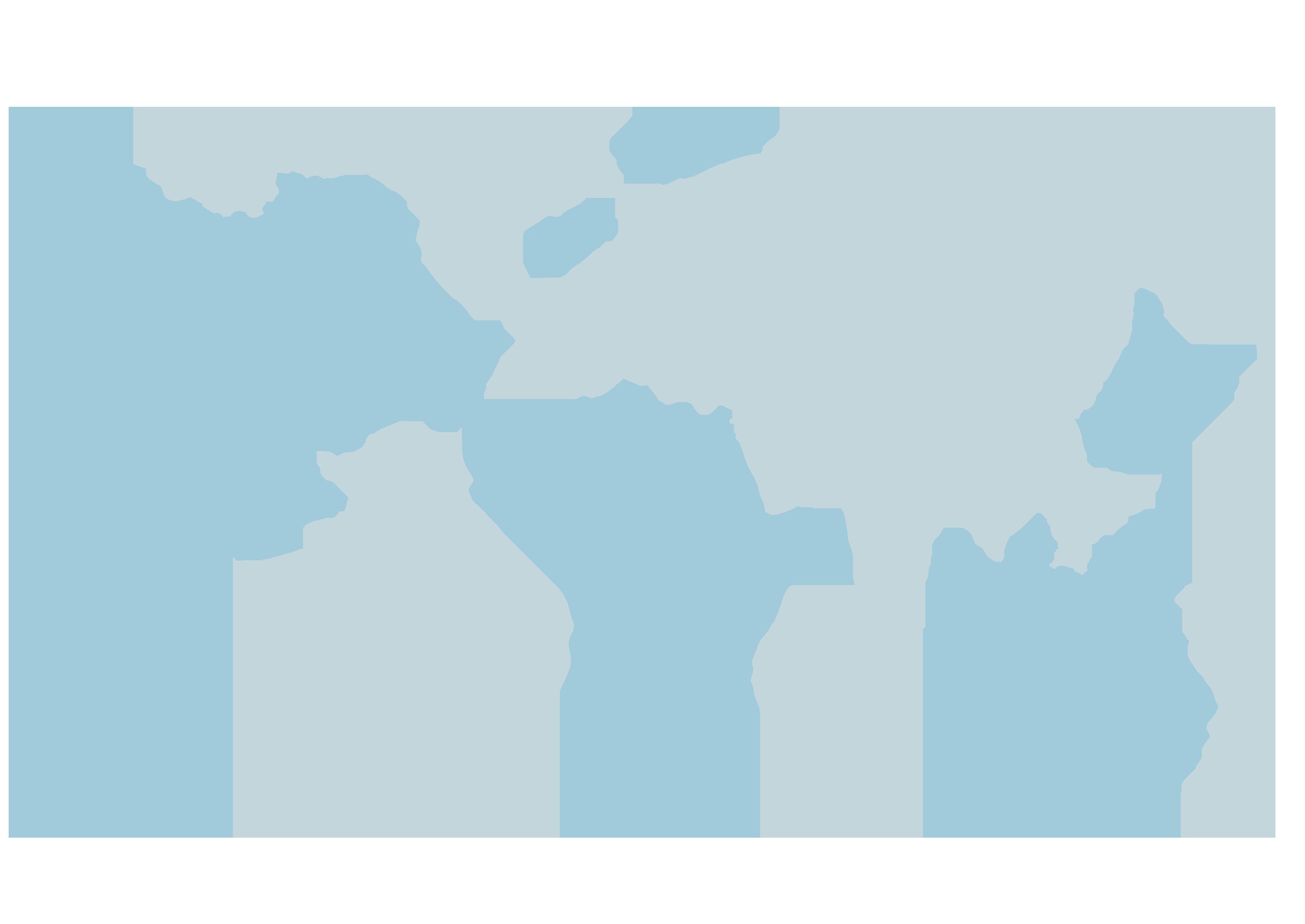



Reception students had a quiet year introducing some things which were slow and low key. The students started a recycling paper box, and they have been introduced using scratch paper into the painting area. Therefore, there are smaller amounts of paper that are needed to be put into the recycling box. We have a new Service Learning partner, City Gates Academy, that has two schools and one new school opening in the academic year 2023-2024. The Reception team were able to donate 12 boxes of resources that we no longer needed. The staff from the academy visited BSM for a day and took some ideas as they used them to make a play-based space in their own schools.
Year 3 raised PHP 116,000 for our Service Learning partner ‘Rise Against Hunger’ by selling fruit juice, planters, and vegetables grown in the Year 3 garden. Students prepared the food/drinks and ran the stall, selling our products. We also organised a successful whole school food drive, collecting a huge amount of food that was delivered to Rise Against Hunger. Six students from the Year group visited the site at Better World, Tondo, to handover two large chest freezers bought from funds raised. They also met staff, toured the site, met and played with the children who benefit from the site, and prepared food donation packs. These students then presented back to their peers.
Year 4 Service and Sustainability disco raised PHP 65,000 which will go towards our Service Learning partner. In our unit on systems choice and change, Year 4 made websites for their parents explaining how human choices (such as using sunscreen) had negative effects on biomes in the Philippines. On our trip to Mount Purro, we planted over 100 saplings and connected with nature and the indigenous community in the area.
Year 5 showcased their learning all about the effects of clean water and sanitation on communities in the Philippines and abroad. The children raised money for the NGO Waves4Water to help they provide water filters for highland communities in the Philippines. Thanks to the Year 5 parents, over PHP 66,000 was donated. Our collaboration with Waves for Water has now reached the 100 filter mark, impacting at least 2,500 households across the provinces of Ifugao, Palawan, Negros Oriental and most recently, Agusan Del Sur.
We are embedding Service and Sustainability into the curriculum both in terms of classroom teaching and in pastoral time with Heads of Year.
Year 7 - The Maths curriculum continues to connect the conceptual ideas of Maths with transfers to the real world. Students used statistics to demonstrate and advocate for the challenges of a global issue (such as an endangered species), explored budgets for people on diverse incomes, used the concept of space to think about how the interior of a Gawad Kalinga home could be best used by a family and built mathematical education resources to share with partner schools.
In pastoral time, students connected with Chosen Children Villageinterviewing them and finding out their needs. They made a visit to the foundation and formed bonds with the staff and residents learning about their lives, successes, and challenges. Some students had already met the community during MAD Week and were able to take on a leadership role introducing their peers to the community.
Year 8 - Maths, English, and Humanities continue to operate a cross-connected curriculum that works with Gawad Kalinga in supporting one of their villages. This builds on to the work from Maths in Year 7 and the planning aims to result in real world impact.
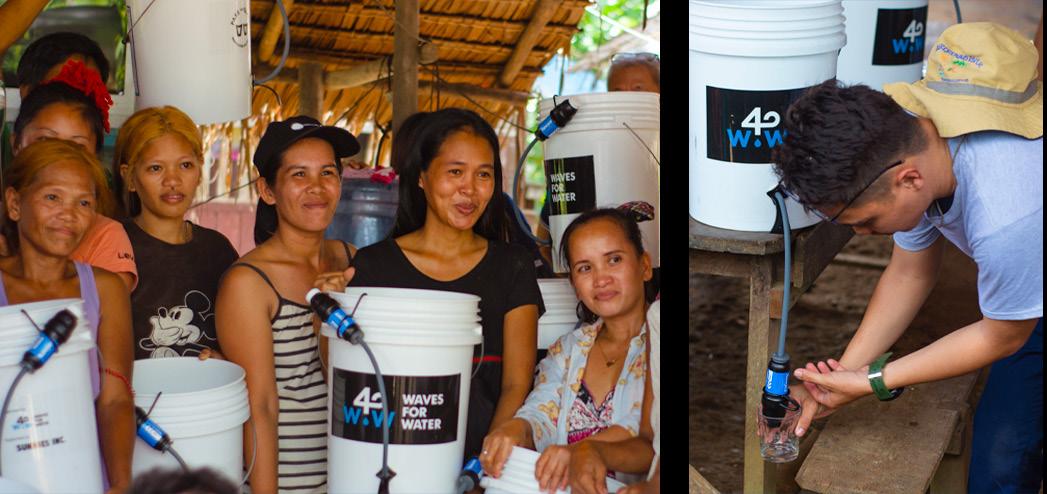

The pastoral team took the students to Gawad Kalinga in Taguig in March 2023 and interviewed the community to find about their lives as well as playing games and building bonds. The students that had visited during MAD Week in January took on a leadership role and continued to foster the relationships that they had already built.
Year 9 - In Geography built personal connections with Climate Change. They interviewed family members about their lives and the individual impacts and differences they could make as a family. They also looked at the importance of community voice when designing development projects and why the community is the expert in their own problemsfrom this they thought about how they might tackle supporting a slum in Manila and work with the people there following the impacts of a disaster such as a fire.
In pastoral time, students connected with the Silver Heights Community and also visited La Mesa Nature Reserve in September 2022. The forged connections with the community having taken a virtual pre-visit using the MAD Courses Choose Your Own Adventure platform. The students loved meeting in real life the people they had seen virtually. At La Mesa, students learnt about the connection between forests and urban areas in particular the role that La Mesa plays both in nature conservation and flood management.
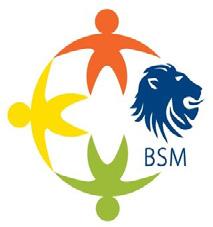
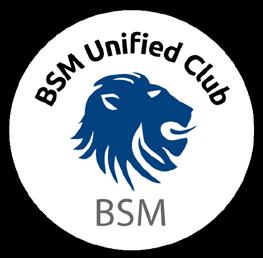
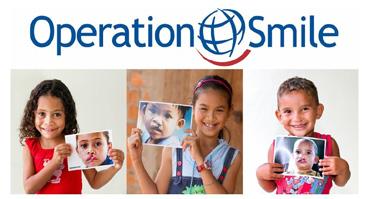
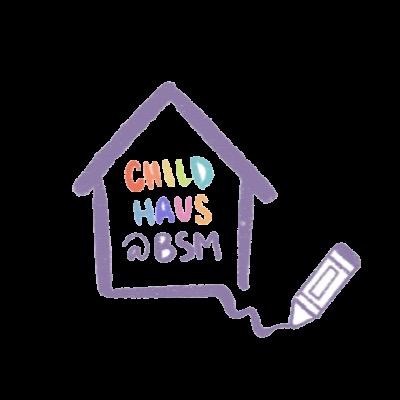
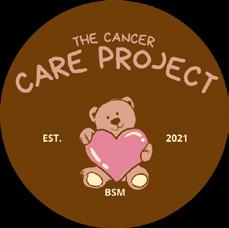

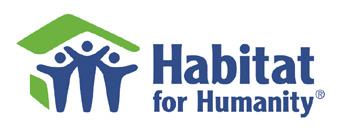
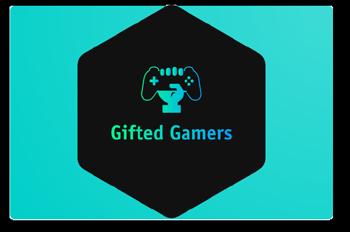
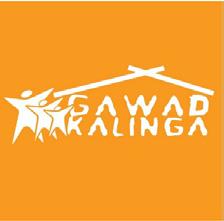
Students from Years 7-10 participated in our first ‘real world’ Make A Difference (MAD) Week. They participated in 12 different experiences across 9 different locations. Some students were based on site working on themes such as sustainable fashion and waste management. Other teams did day trips out to nearby locations carrying out a whole variety of work in impoverished communities, nature reserves and a school for PWDs. Finally, about 50% of students went on residential trips further afield connecting with tribes, organic farming a PWD village and carrying out nature bioblitzes around forests and rivers.
A major focus of the week was developing character strengths with students being in mixed year group teams and learning how to develop strengths such as team work, appreciation of beauty and excellence, and perseverance.
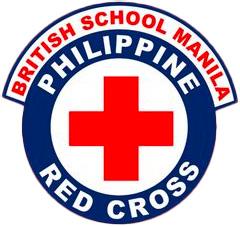

Community member feedback was overwhelmingly positive both from within our own school community and those that we connected with via our Service Learning Partnerships.
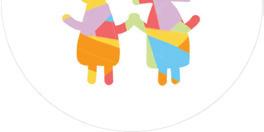
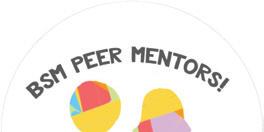
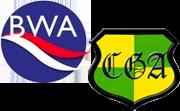

As part of the energy saving initiative below are the updates:
Other Initiatives:
The
light bulbs all throughout the school except for certain areas that require a different kind.
General Service and Sustainability Fund

Coins on the Covered Walkway
Disaster Relief ( Turkey Relief, Typhoon)
Fun Run
International Evening 2023
International Evening 2024
Sales of the Secondhand Uniform

Year 1 Jumble Sale
Year 4 Disco
Year 5 Waves for Water
Bayanihan ASA
CCV ASA
Childhaus ASA
Gawad Kalinga ASA
Habitat for Humanity ASA
OML ASA
Operation Smile ASA Red Cross ASA
In school year 2022-2023, the British School Manila signed two memoranda signaling their ongoing support for two exciting community programmes.


As gleaned from the 2019 National Assessment Rapid Literacy, there are still many early-grade learners struggling to meet the learning standards in early literacy and numeracy and many Elementary and High school learners are still deficient in literacy skills in languages and content. Furthermore, it identified that low achievement levels in English, Math, and Science appear to be caused by learners reading comprehension gaps. As Math and Science word problems are sometimes written in English, this means that there are many low-performing learners who could not understand the question and were therefore unable to to demonstrate their knowledge in these content areas.
It is hoped that Project RAISE will support reading remediation activities to improve student’s reading level in Taguig schools and help to close these gaps. Martin van der Linde, Head of School at British School Manila commented “We are immensely proud to partner with Department of Education Taguig-Pateros and World Vision on such an important project and will continually seek further opportunities to collaborate with partners in support of community upliftment.”

In January 2023, BSM held its first-ever Founders’ Day and Alumni Reunion. It was a very special moment for BSM as it provided an opportunity and platform to celebrate the three key elements of past, present, and future. In the first instance, reflected on BSM’s past, celebrated the school’s founding, its founders, and others who have made significant contributions to the development of our wonderful school.
A recognition plaque installed at the CAC dedicated to Mr Alan Hearn was revealed for his remarkable contributions to the planning and development of the BSM campus infrastructure.
The second element was embracing the school’s history through our alumni as the historical community roots of our school as well as hopes for the future through their successes and graduands who follow.
Finally, it provided a lens for looking ahead through the Student leadership valedictory ceremony; the passing of the leadership baton from outgoing Senior Student Leaders to the incoming student leaders.

As BSM near its 50th anniversary, the opportunity to celebrate these three elements each year provides a moment to pause and reflect on a rich and successful past as we also look ahead to a future rich with possibilities and opportunities.
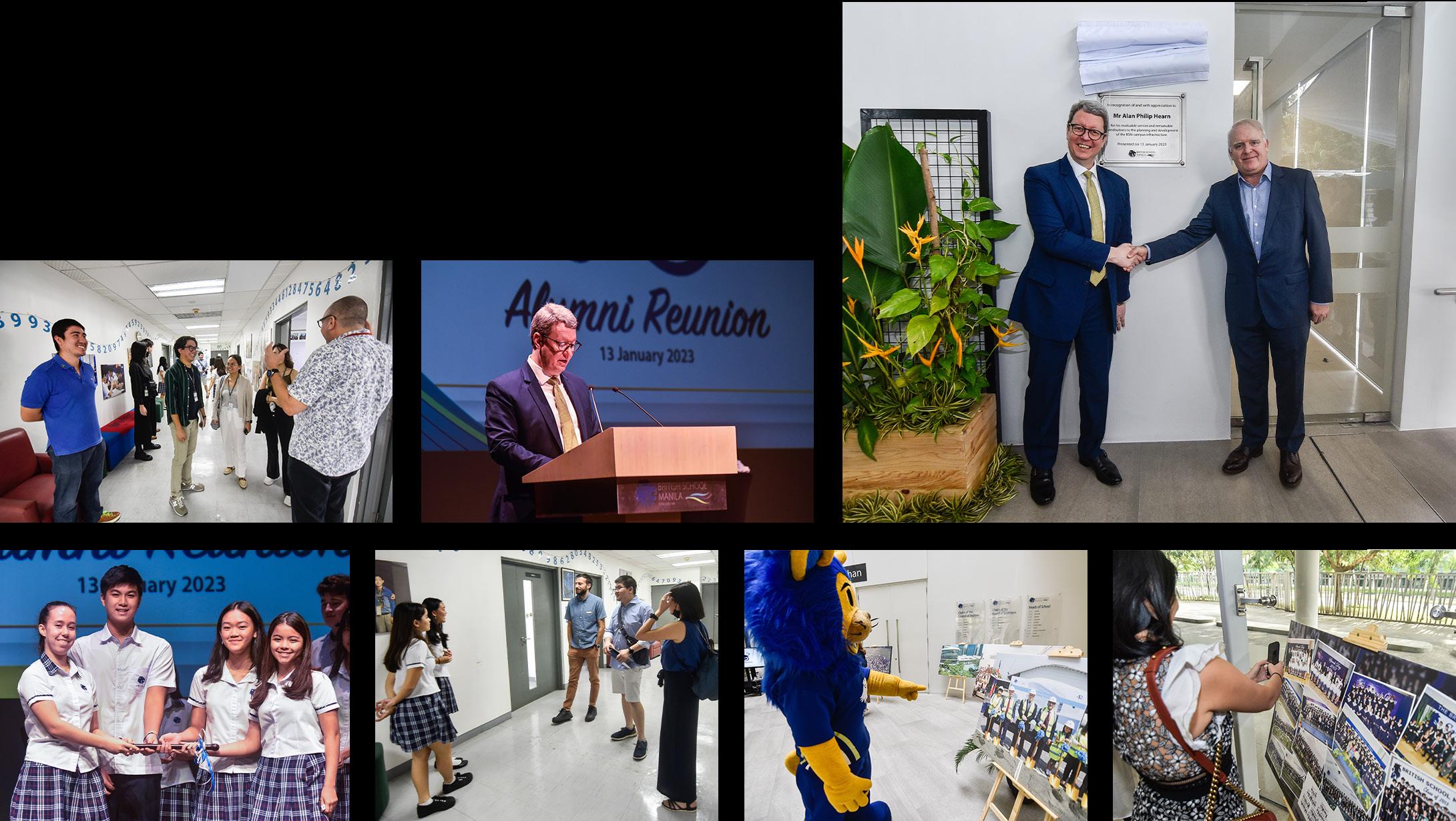
The Annual Founders’ Day will be a celebration of our history, a connection with our BSM alumni, and a collective embracing of our BSM heritage as we look ahead and continue to grow and develop as a school.

Batch 5
Batch 8
The committee has received 35 applications from the following schools:
1. Bagumbayan National High School
2. Napindan Integrated School
3. Signal Village National High School

4. Tipas National High School
After consolidating the scores from the essay exam, informal panel interview and living conditions assessment, the committee welcomed into its fold the new batch of scholars. From 35 applicants, 5 were chosen.
Bagumbayan National High School
Tipas National High School
As additional support, the committee has agreed to give each new scholar a setting-up fund amounting to PHP 5,000 per month for June and July to help them prepare for the new academic year. All other benefits to commence when SY 2023-2024 starts.
Katami Dimapunong Adamson University
Katami from Batch 5 is now a DTI and BIR registered business owner with his agency Katami Digital Marketing.
Currently, he also leads and manages 13 sub departments in a startup real-estate company based in Chicago.
Batch 9
Daniela Castro
Bryan Manzano Rizal Technological Institute
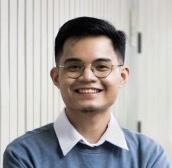
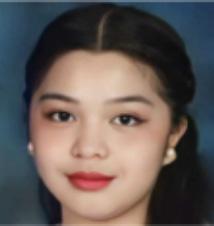
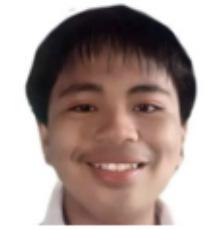

Bryan Manzano finished his Bachelor of Secondary Education Major in Social Studies from Rizal Technological Institute as Magna cum Laude.
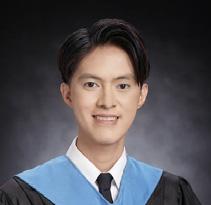
Fourth Year - BS Aircraft Maintenance Technology Air Link International Aviation College

Daniela Castro serves as the President of the Aircraft Maintenance Technology Student Organization. She was recognised with the National Stakeholder Award from the Philippine Air Force for three consecutive years.

She was also selected as one of the delegates to represent the National Capital Region in the National Youth-Led Civic Education Summit 2023 and was chosen as one of the official delegates of Ayala Young Leaders Congress 2023.
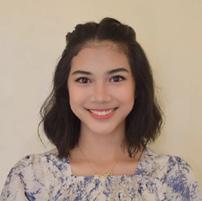

Daniela is also the National President of the Supreme Student Council Society of the Philippines, a non-profit youth organisation that empowers young leaders across the country.
BSMTSP is more than just a scholarship programme. It is a home for the dreamers. Teaching the scholars how to dream big and go beyond the horizon they have been accustomed to or limited with. It provides a platform to cultivate the passion to achieve something, to be somebody, and take up space in society. They are given the platform where their ideas can flourish, ambitions supported, and be allowed to discover the best version of themselves.
Dreaming as one, we are BSM Taguig Scholarship Programme.


School Year 2022-2023 has been an exciting journey for BSM as we transitioned from hybrid to full face-to-face events with the easing of Taguig LGU and national protocols. Reigniting the sense of community we have missed during the pandemic as well as providing opportunities to immerse new members of our community to BSM traditions were our key motivators in planning Events this year. We were also afforded opportunities to redesign some of our existing events and host new ones that hopefully translate to future traditions.
Our families were delighted with the return of the BSM Fun Run, our very first community event for the school year. This was also the first time we hosted it on BSM grounds since its inception in 2015.
The End of Term Assembly on Friday 9 December brought an emotional close to Term 1 and a festive welcome to the Christmas season, having students from Years 1 to 13, parents and all members of staff gather together for the first time in the Main Hall since the pandemic.
The very first Founders Day event was launched in Term 2 with a series of activities to bridge the past, present, and future – those who have come before us who wrote our rich history and established traditions that are intrinsic to our school community, those who are striving to continue to make improvements with the aim of making a better and stronger future for those who would be joining BSM in the years to come.
International Evening was the highlight of Term 2 as we brought 3000 members of our BSM and extended community together in a celebration of nations. It was a spectacular event that featured our great sense of volunteerism and collaboration.
A wonderful wrap up to our traditional community events was Speech Day. We welcomed over a thousand members of our community in the Main Hall to celebrate the amazing academic and global citizenship achievements of our students from Year 6 to 13. The festivities concluded with a brunch shared and enjoyed by all who attended.

